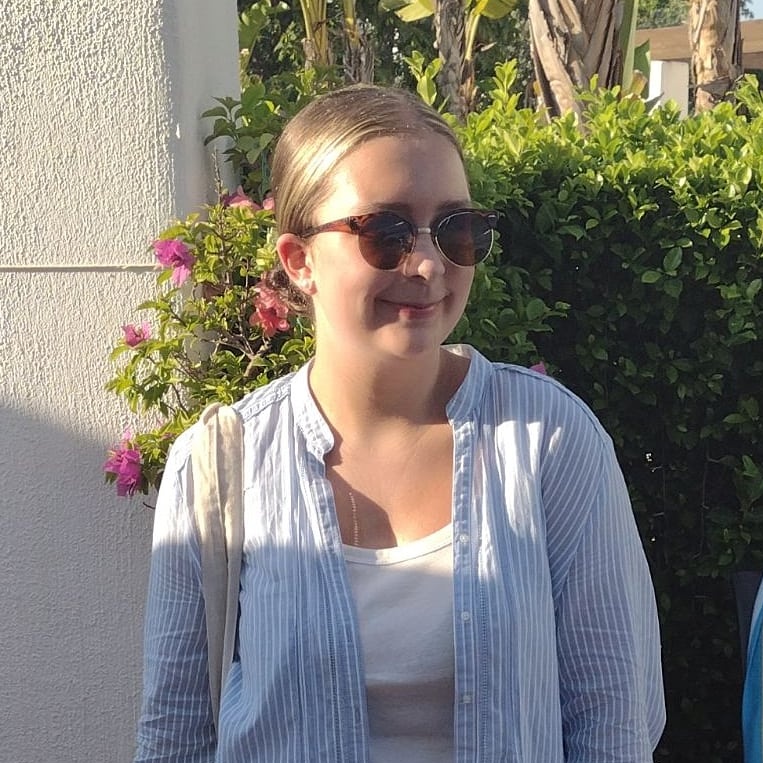
Reaching the end of a book can be very fulfilling. After 200-or-so pages, you’re finally getting to see the overall outcome. You might be shipping the two main characters and can’t bear to not know whether they end up together. If you’re a reader of Young Adult (YA) romance novels, you may be able to predict where this ending will go. Happiness. Love. Untroubled. Is a lovely and romantic story a bad thing? Absolutely not. Are there authors that ace this and give us the warm-and-fuzzy feeling? One hundred percent yes. Can these stories be unrealistic? Yes.
I’ve read tons of YA books that end with the main teenage couple in a solid relationship and they often end up together long-term. While I have adored many of these novels, I found this repetitive ending inaccurate as a reader. Only a small percentage of high school relationships tend to last which differs from the amount of YA Romance that ends in happiness. This outcome could give false hope to many teens and set unrealistic expectations for dating such as assuming that everything works out as smoothly in real life as it does in the world of fiction.
Why can’t we have a book that ends with a broken-up couple? I understand that this may require a lot of tissues for the readers but perhaps would resonate with a lot of young people. Seeing an unsuccessful relationship represented could make them feel heard and teach other teens that not all love ends in total perfection. We need more YA novels ready to address the problematic sides of young love, showing their audience that troubles are normal. We should have couples that are torn apart only to learn from the bad experiences and develop from the failed love. More books should include the realisation that sometimes teenage relationships are there to help us grow and are not always meant to be lifelong.
Moreover, a lot of stories avoid the honest trials of teen love. For example, parents forcing the relationship to end due to age, the struggles of balancing revision with a relationship or studying at separate colleges. In reality, these problems are common. Not all high school partners are coincidentally in the same class! If the main characters are daring heroes fighting a fantasy battle for their kingdom, they probably won’t be spending time worrying about exams. What about the novels set in real life? Their protagonists likely wouldn’t have a lot of free time to spend with their significant other. Equally, there are problems such as toxic relationships, wide age gaps and being at different stages of life. Can we read about these and stop pretending that they don't exist? This is of course not to say that toxic or potentially abusive relationships should be glorified but their existence should be acknowledged.
At the same time, not all teens want to date yet nearly every novel includes a romantic subplot. Am I guilty of this as a writer? Of course. However, I try to include characters that simply don’t want a romantic relationship yet, or at all. There needs to be more representation of teens in novels who don't have a partner but are content with themselves. Ending a novel with every character having a perfectly happy relationship won't feel realistic. Teens without boyfriends and girlfriends most likely feel left out or inadequate after reading countless books with swoon-worthy young couples, and only including book characters with perfect relationships adds to the tacit social demand for teenagers to date.
Teenagers need to see their lives properly shown through writing for their age. We need better representation of young love. Unfortunately, not all adolescents have a happily-ever-after, not every relationship runs smoothly and not all young people choose to date. We need more books that don’t end with a wonderful love leading to marriage as this is a rare outcome. Sometimes we need stories that end with crushing heartbreak leading to moving on and growing through the experiences of youth. Stories that don’t always have a perfect romance, because it isn’t always perfect.
What percentage of teenage couples actually get a happily-ever-after?
Support Young Creators Like This One!
VoiceBox is a platform built to help young creators thrive. We believe that sharing thoughtful, high-quality content deserves pay even if your audience isn’t 100,000 strong.
But here's the thing: while you enjoy free content, our young contributors from all over the world are fairly compensated for their work. To keep this up, we need your help.
Will you join our community of supporters?
Your donation, no matter the size, makes a real difference. It allows us to:
- Compensate young creators for their work
- Maintain a safe, ad-free environment
- Continue providing high-quality, free content, including research reports and insights into youth issues
- Highlight youth voices and unique perspectives from cultures around the world
Your generosity fuels our mission! By supporting VoiceBox, you are directly supporting young people and showing that you value what they have to say.





